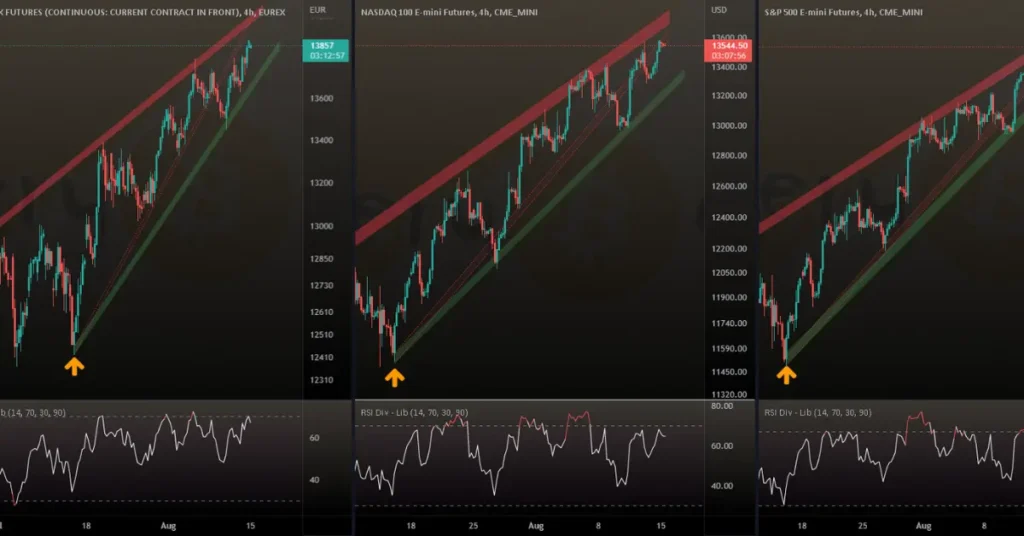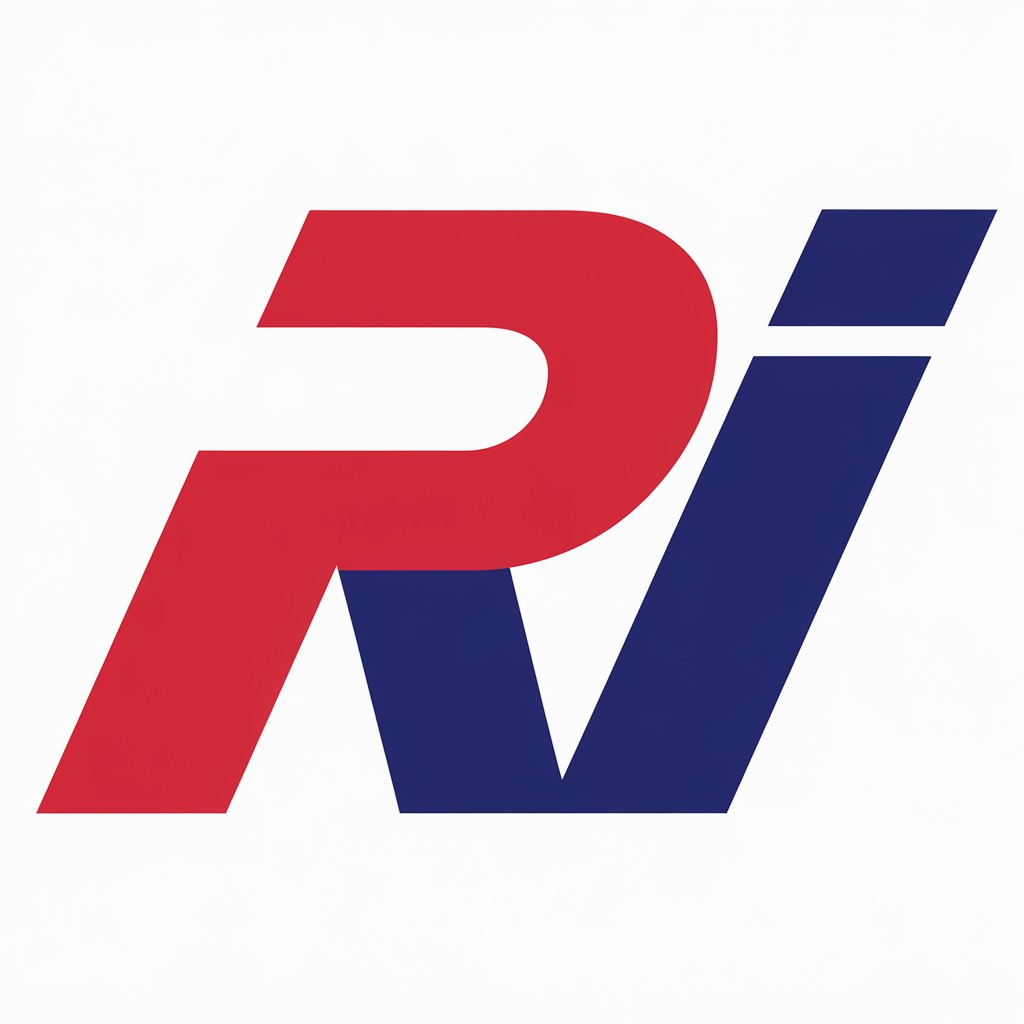Germany’s DAX 40 is dominating headlines, captivating investors worldwide with its impressive performance. As the flagship German stock market index, it reflects the strength of Germany’s blue-chip companies, spanning industries like automotive, technology, and healthcare. But why is the DAX 40 booming? Let’s uncover the surprising reasons behind this index’s success, backed by in-depth analysis and real-world data.
What is DAX 40?

The DAX 40‘s, or the Deutscher Aktienindex , is Germany’s leading stock market index, representing the largest publicly traded companies listed on the Frankfurt Stock Exchange. Expanded from the DAX 30 in 2021, the index now includes major corporations, offering a broader view of Germany’s economic landscape.
Key Facts About the DAX 40:
| Metric | Details |
| Established | July 1, 1988 |
| Listed Companies | 40 |
| Market Capitalization | Over €1.5 trillion (2024 estimates) |
| Top Companies | Siemens, Volkswagen, SAP, Bayer |
| Exchange | Frankfurt Stock Exchange |
How it Compares Globally:
While indices like the Dow Jones or S&P 500 focus on American corporations, the DAX 40 captures Germany’s industrial might and its role in the European financial market.
Why is the DAX 40 Booming?
The DAX 40 meteoric rise is fueled by a combination of economic resilience, sectoral growth, and policy support. Below are the top seven reasons driving this boom:
Technological Transformation in Core Industries
Germany’s traditional industries, such as automotive and manufacturing, are undergoing a technological revolution. Companies like Siemens and Infineon Technologies are leading advancements in AI, automation, and renewable energy solutions.
Highlights:
- Volkswagen has committed to becoming a leader in electric vehicle (EV) production, targeting 50% EV sales by 2030.
- SAP, a global tech giant, is spearheading innovations in cloud computing and digital transformation.
These shifts align with global trends, placing the DAX 40 at the forefront of digitization.
Export-Driven Growth
Germany is synonymous with exports, and its DAX 40 companies are major players in global trade.
Export Contributions by Sector:
| Sector | Key Players | 2024 Export Value (Estimated) |
| Automotive | Volkswagen, BMW | €260 billion |
| Chemicals | Bayer, Merck | €150 billion |
| Technology | SAP, Infineon | €120 billion |
The German economy has weathered global challenges, maintaining strong trade ties with the EU, China, and the US.
Policy Support and Stimulus
The European Central Bank (ECB) has played a crucial role in bolstering the DAX 40 through:
- Low interest rates, encouraging borrowing and investment.
- Quantitative easing, injecting liquidity into the market.
Additionally, Germany’s government introduced fiscal measures to support businesses during economic downturns, aiding recovery post-COVID.
Renewable Energy Revolution
Sustainability is no longer optional—it’s essential. Major DAX 40 companies are capitalizing on the eco-friendly technology boom.
- Siemens is pioneering smart grids and renewable energy solutions.
- Heidelberg Cement is investing heavily in carbon-neutral cement production.
The global shift toward sustainability is driving investor interest, boosting the performance of environmentally conscious corporations.
Resilient Corporate Earnings
Despite global uncertainties, DAX 40 companies consistently outperform expectations.
Earnings Snapshot (2024 Q3):
| Company | Earnings Growth | Sector |
| SAP | +12% | Technology |
| Volkswagen | +8% | Automotive |
| Allianz | +10% | Finance |
Strong earnings demonstrate the adaptability and innovation of German blue-chip companies.
Global Market Recovery Post-COVID
The global economy’s gradual recovery has rejuvenated demand for German exports. The DAX 40 Index benefited significantly from surging sales in consumer goods, industrial equipment, and vehicles.
Geopolitical Positioning
Germany’s stable political and economic position strengthens its appeal. As a key EU member, it benefits from trade agreements, fostering a robust investment climate for DAX 40 companies.
The Dominant Sectors of the DAX 40

The index reflects Germany’s diverse economic strengths.
Sector Breakdown:
| Sector | Key Companies | Sector Share |
| Automotive | Volkswagen, BMW | 25% |
| Technology | SAP, Infineon | 20% |
| Finance | Deutsche Bank, Allianz | 15% |
| Healthcare | Bayer, Merck | 15% |
| Manufacturing | Siemens, Heidelberg Cement | 10% |
Key Metrics to Track the DAX 40
Investors rely on financial metrics to analyze performance.
- Market Capitalization: Reflects company size and investor confidence.
- Price-Earnings Ratio (P/E): Helps evaluate stock value relative to earnings.
- Dividend Yield: Measures income return, highlighting financial stability.
Recent Trends and Economic Events Impacting the DAX 40
- ESG Trends: Environmental, Social, and Governance factors are driving investment decisions.
- Interest Rate Announcements: ECB’s monetary policies continue to influence the DAX 40.
- Crisis Resilience: The index has shown remarkable stability during global crises, from pandemics to geopolitical tensions.
The Future of the DAX 40
- Emerging Sectors: Look for growth in green energy, biotech, and AI-driven industries.
- Challenges: Inflation and geopolitical uncertainties could pose risks.
- Predictions: Analysts expect the DAX 40 to grow by 6-8% annually over the next five years.
FAQs
What is the DAX 40 Index?
The DAX 40 Index is Germany’s top stock index, representing 40 of its largest publicly traded companies.
Why is the DAX 40 important?
It provides insights into the health of the German economy and serves as a barometer for the European financial market.
What is the German DAX 40 index?
The DAX 40 (Deutscher Aktienindex 40) is Germany’s premier stock market index, representing the 40 largest publicly traded companies listed on the Frankfurt Stock Exchange by market capitalization and liquidity.
What is the DAX in Germany?
The DAX is a benchmark index tracking the performance of blue-chip companies in Germany across sectors like automotive, technology, and healthcare, showcasing the overall health of the German economy.
What is the Germany 40 forecast?
Analysts predict steady growth for the DAX 40, driven by strong corporate earnings, technological innovation, and sustainability initiatives, with an expected annual increase of 6-8% over the next five years.
Which companies are in GER40?
Key companies in the GER40 include Volkswagen, Siemens, SAP, Bayer, Allianz, Deutsche Bank, Merck, Infineon Technologies, and Heidelberg Cement, spanning industries like automotive, finance, and technology.
Conclusion
The DAX 40 is booming for good reason. From technological innovation to sustainability efforts, its growth mirrors Germany’s economic dynamism. For investors, understanding the index’s drivers is critical to making informed decisions. Stay ahead with real-time updates, track market capitalization, and explore opportunities in one of the world’s most resilient markets.
